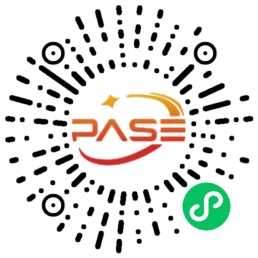
Secretary Yuan
Tel: +86-13207135445
Secretary Gong
Tel: +86-13297925911
Secretary Zhang
Tel: +86-18571610967
E-mail: info@pasanhu.com
Address: International Enterprise Center Phase 3, Guanggu Avenue No. 52, Wuhan Hongshan, Hubei, China

